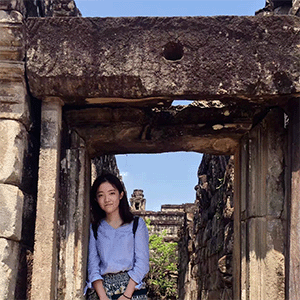
Category: 2020

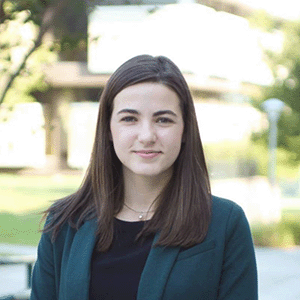
Cues, Cognition, and Culture: Examining Contexts of Substance Use Cessation in Costa Rica

Secular and Religious Conceptions of the Child in Sudan
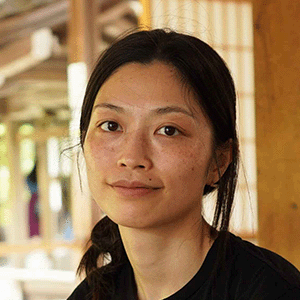
Is Technology a Challenge or Solution to Elder Care in China?
The rapidly aging population, the family reconstruction, and the reform and opening-up have led to the care crisis in post-reform China. This preliminary research questions why people start imaging care robots as a promising solution when struggling to find trustworthy and qualified caregivers. The complications of the COVID-19 pandemic led to an expansion of this project from a strict focus on care robots to the larger technological realm, including social media and smartphones. It also looks into different challenges that elders and adult children face in using technologies, such as the “health code” and gathering information, in daily care practices during the pandemic.
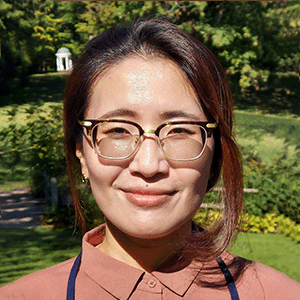
COVID-19 Government Measures and Everyday Life of People on Jeju Island, South Korea
Many of those who endured the violence of Jeju Sasam (also called Jeju 4.3) are now in their 70s and 80s, residing in single-person households in South Korea, and their families have been dispersed throughout Osaka and the mainland in pursuit of economic opportunities. Through the grants from Society of Psychological Anthropology/Robert Lemelson Foundation, which facilitated preliminary fieldwork, I completed biweekly virtual interviews with 10 households on Jeju Island to examine how bureaucratic mechanisms that legitimate government support during the pandemic exacerbate precarity in daily life of people in South Korea.
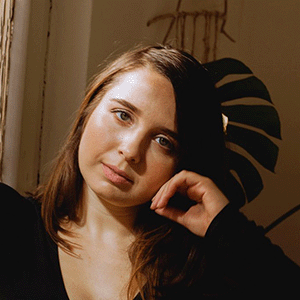
Healing in the As-If:” Political Subjectivity and the Aesthetics of Pain in Israeli Psychodrama
This project asks how therapeutic theatre might shape political subjectivity and imaginations of the self. In response to both catastrophic and chronic violence, I track how, within as-if scenes, artistic and therapeutic norms intersect to shape expressions of pain. Due to the sudden onset of the COVID-19 pandemic, my research tracked understanding shifts in a picture of a recovery when an embodied, performance-based repertoire of techniques would pose serious risk to others. Moreover, the RLF grant funded my participation in clinical psychodrama coursework. This helped me develop fluency in my interlocutors’ technical vocabulary in preparation for dissertation fieldwork.
